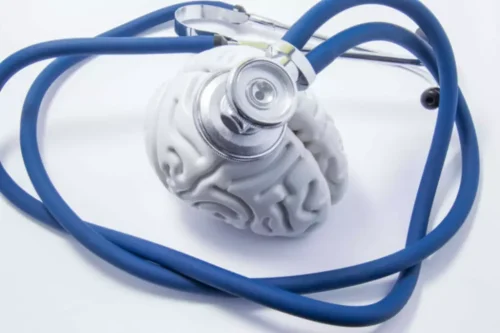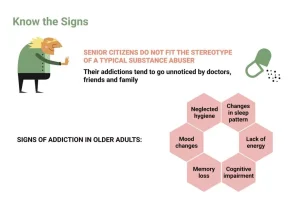
For many members of 12-step recovery programs, these steps aren’t merely a way to overcome addiction—they are a guide toward a new way of life. Some of the best-known 12-step programs include Alcoholics Anonymous (AA), Narcotics Anonymous (NA), and Cocaine successful drug addicts Anonymous (CA). If someone you love is experiencing a substance use disorder, please bear in mind that they have a chronic illness and need support and help. Learning about addiction and how not to enable a person is one way you can help them.
- Sometimes we put the pieces together and they work well for a time.
- By acknowledging differences, offering alternatives, and emphasizing flexibility, the recovery process becomes more accessible, person-centered, and ultimately more effective in promoting lasting positive change.
- At least equally necessary is developing in a positive direction out of the addiction.
- In this stage, individuals have taken concrete steps to modify their addictive behavior and are actively engaged in the process of change.
Innovative projects answer NIDA’s challenge to implement substance use prevention in primary care
The more you can stay healthy and feel good, the easier it will be to stay sober. Volunteer, become active in your church or faith community, or join a local club or neighborhood group. When this happens, it can be useful to stay with the urge until it passes. Imagine yourself as a surfer who will ride the wave of your drug craving, staying on top of it until it crests, breaks, and turns into less powerful, foamy surf. When you ride out the craving, without trying to battle, judge, or ignore it, you’ll see that it passes more quickly than you’d think. Different quick stress relief strategies work better for some people than others.

Post-acute withdrawal

While the 12 steps in use today are based on the same ideas written by the founders of AA in the 1930s, the understanding of the term “God” has since broadened to refer to any “higher power” that a person believes in. You may also want to consider if anyone in the list of friends and family should not be included. Examples are if a person is dealing with their own addiction and may not be able to maintain sobriety, is overly self-motivated or self-involved, or has a strained relationship with the person the intervention is for. Triggers can be any person, place, or thing that sparks the craving for using. Common triggers include places you’ve done drugs, friends you’ve used with, and anything else that brings up memories of your drug use. Roughly half of all adults being treated for substance use disorders in the United States participated in self-help groups in 2017.
What Are Common Triggers for Relapse that ruin recovery?

This can have severe consequences, including increased tolerance to the substance, withdrawal effects (different for each drug), and social problems. The common relapse triggers include stress, exposure to the substance of abuse, and social situations where substance use is normalized. Identifying and learning how to manage these triggers is a crucial part of recovery maintenance. However, it’s important to note that even after reaching this important recovery milestone, ongoing care and support remain crucial. The risk of relapse is a persistent concern, not just in the days or months following cessation but for years thereafter.
- Many treatment programs have partnerships with area businesses to hire those in recovery.
- Building a support network of people who understand and support your recovery can be invaluable.
- If you simply show up and you’re not having a medical emergency, they might just refer you to a local substance abuse treatment center.
- In recent years, as the opioid epidemic has exploded, more hospitals have expanded their addiction services.

Only 1.0 percent of people receive substance abuse treatment as an inpatient or outpatient at a specialty facility. The single most popular path is the use of peer support groups in the community. Engaging in healthy coping mechanisms, such as exercise, meditation, and creative activities, can help manage stress and cravings, promoting overall mental health and well-being. Building a strong support network, including family, friends, and peers in recovery, provides a sense of community and belonging, which is essential for sustained recovery.

0 responses to “Stages of Change in Addiction Recovery”